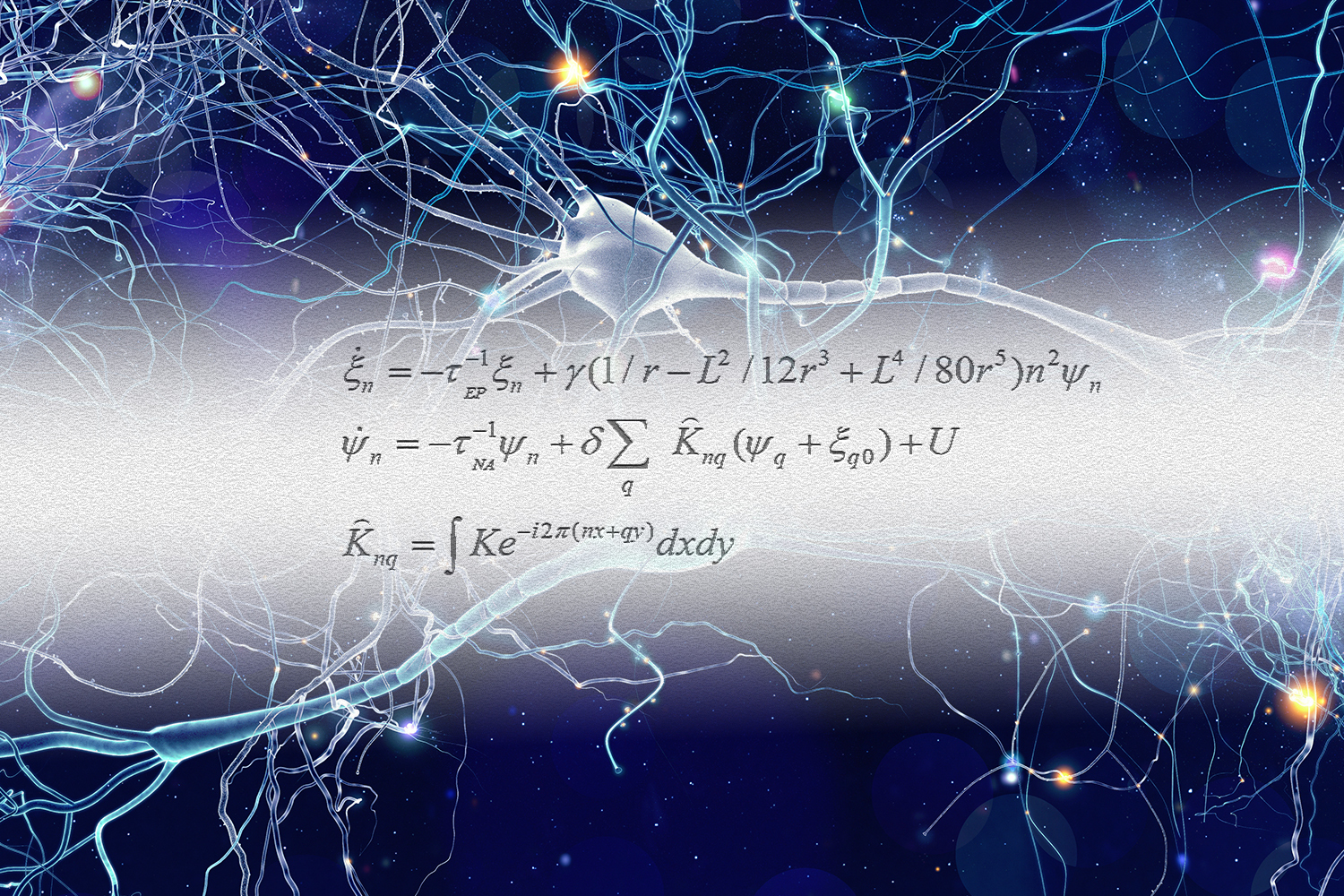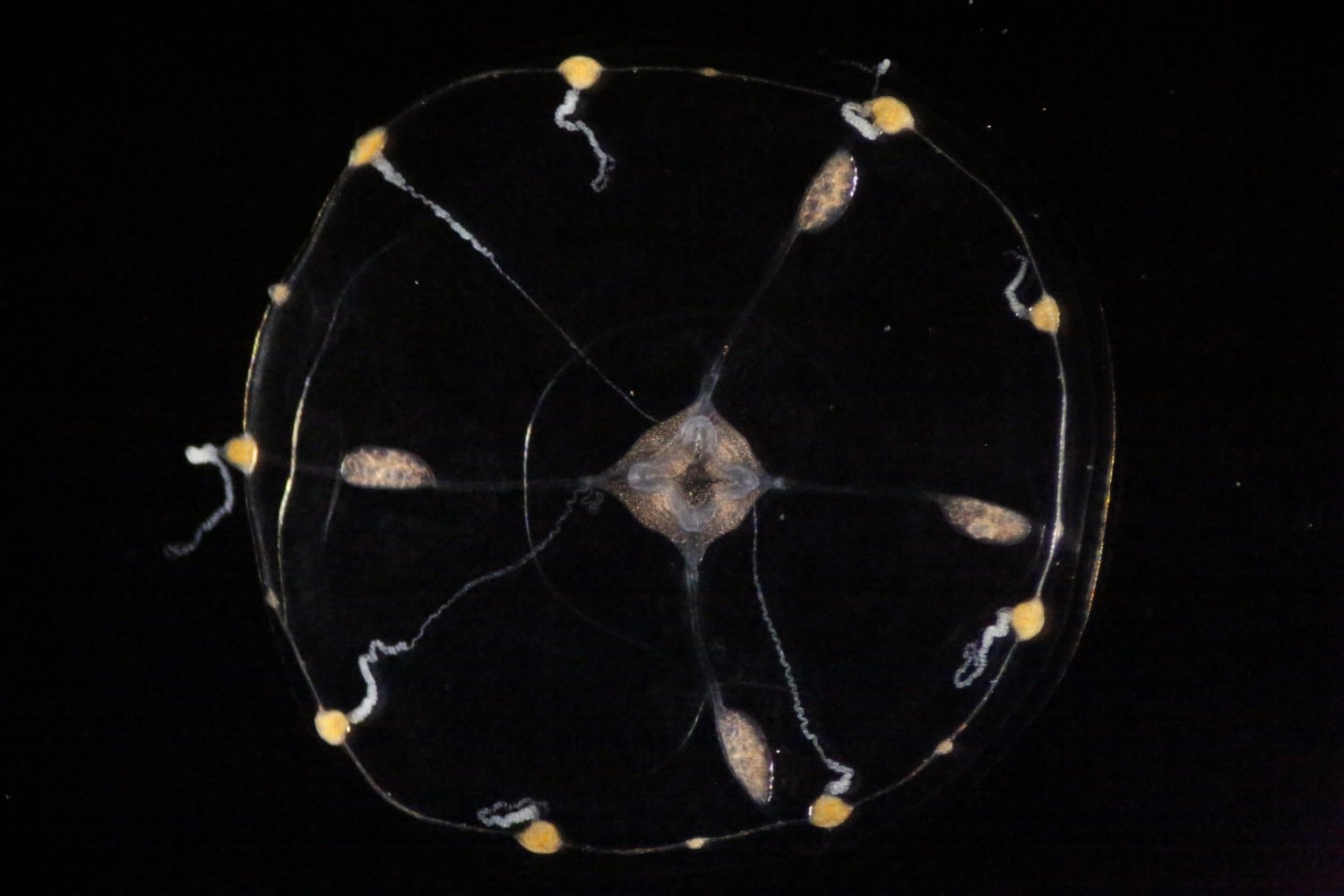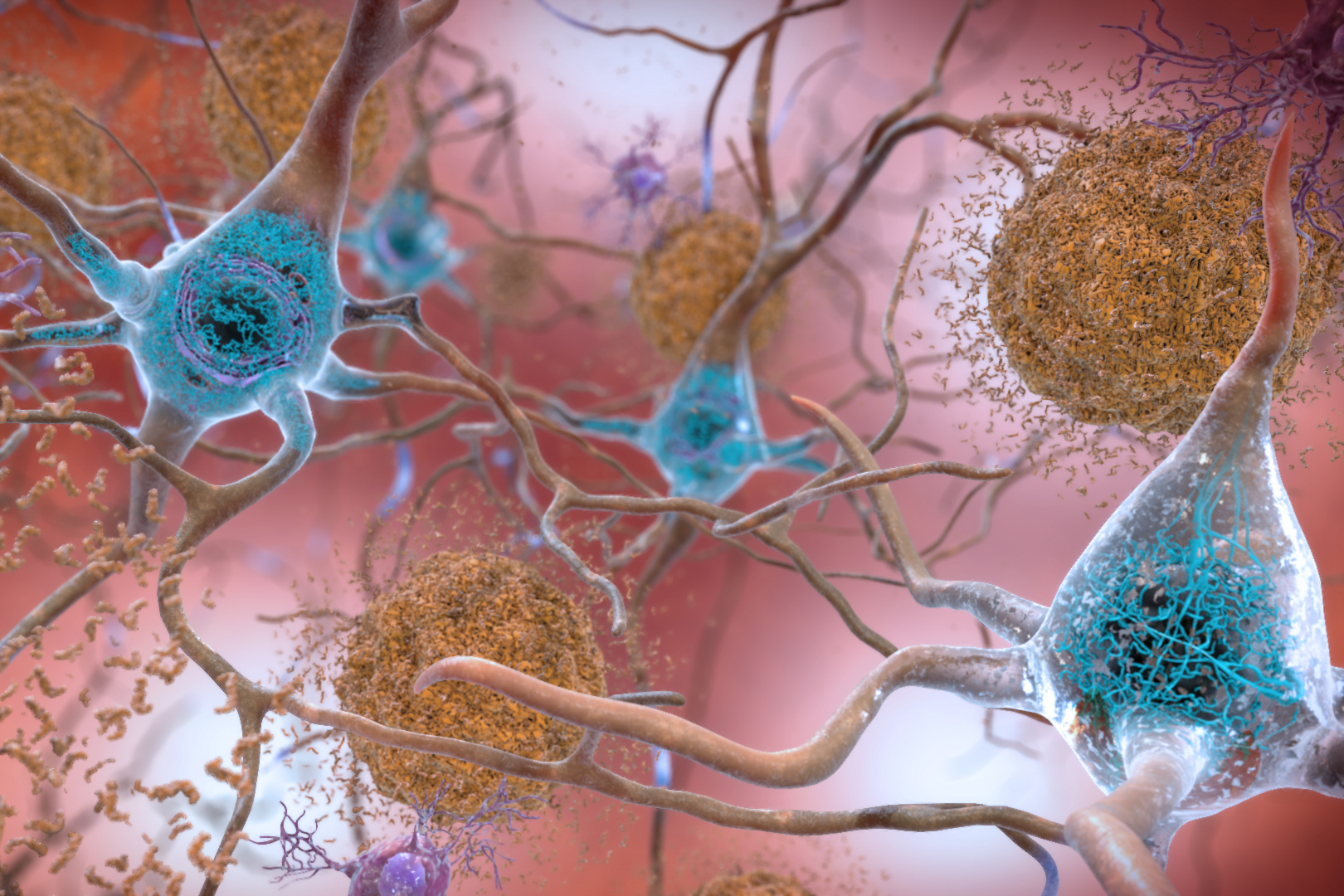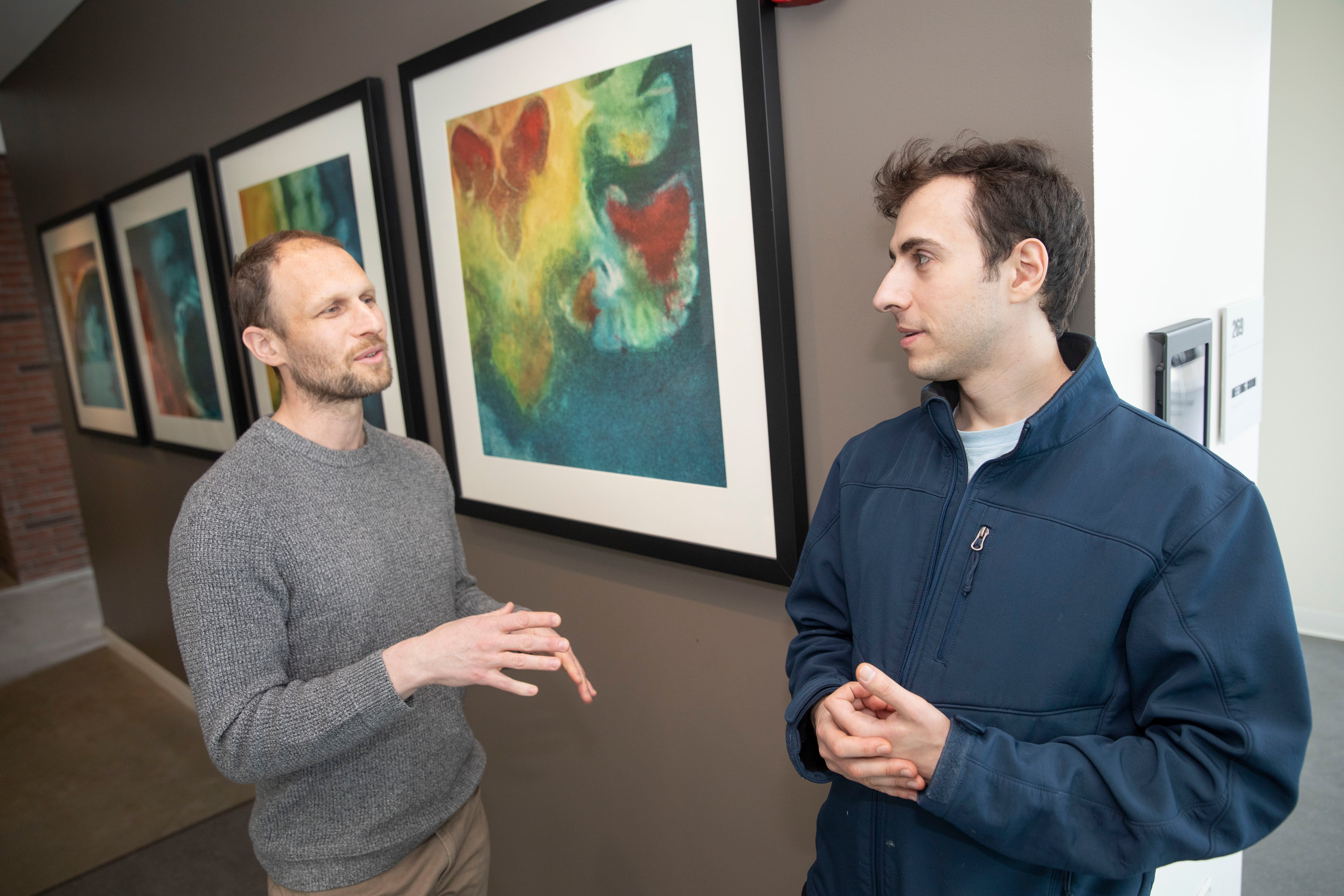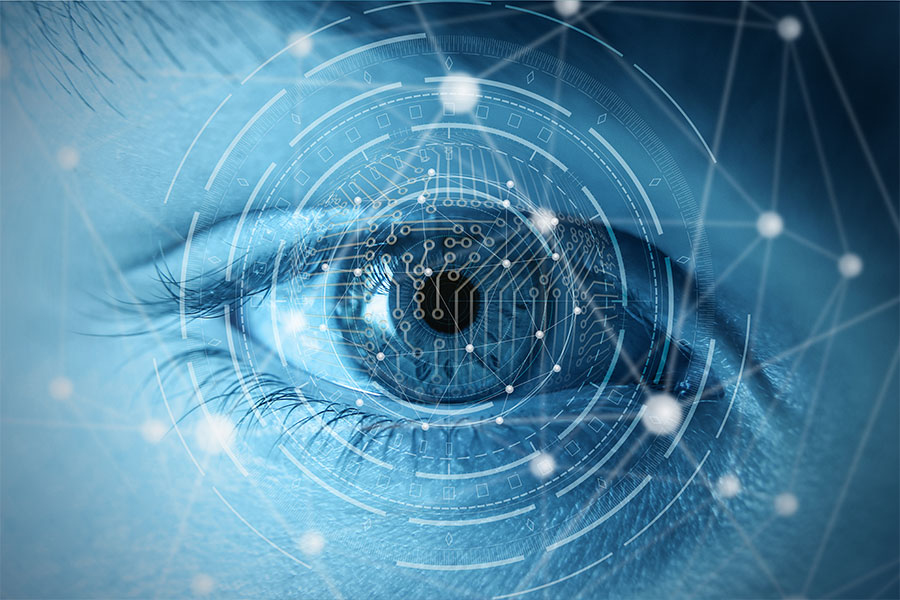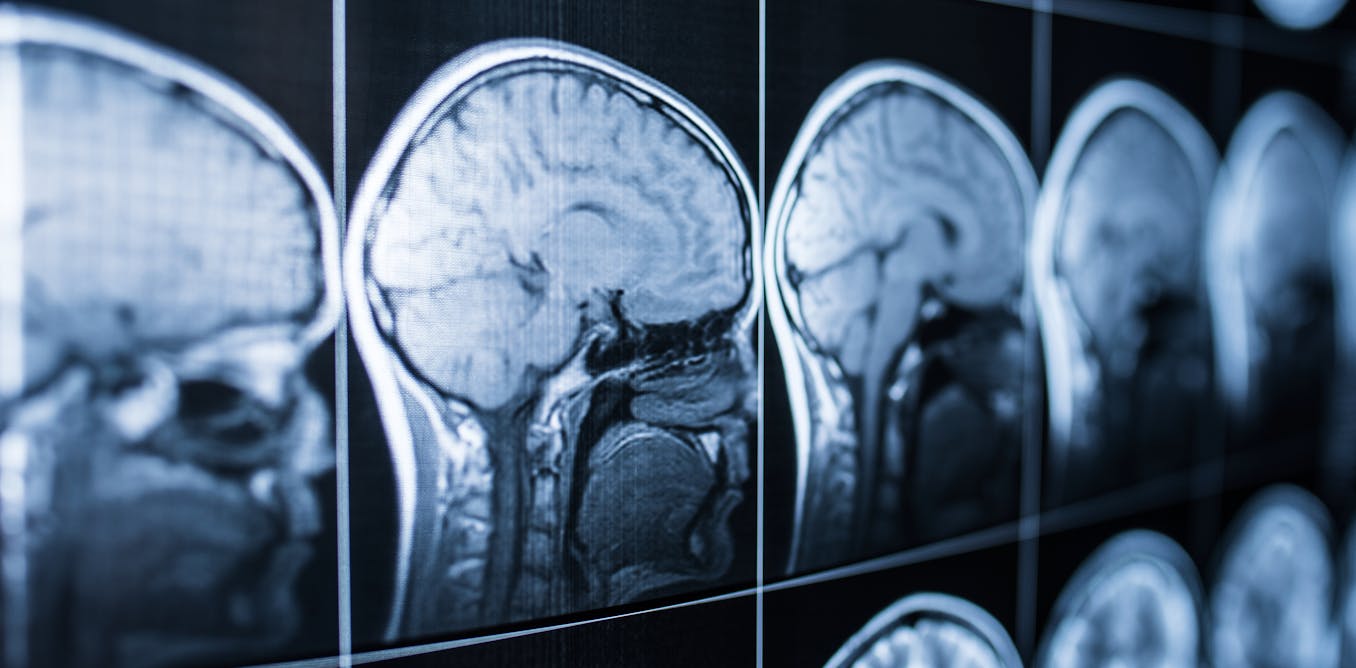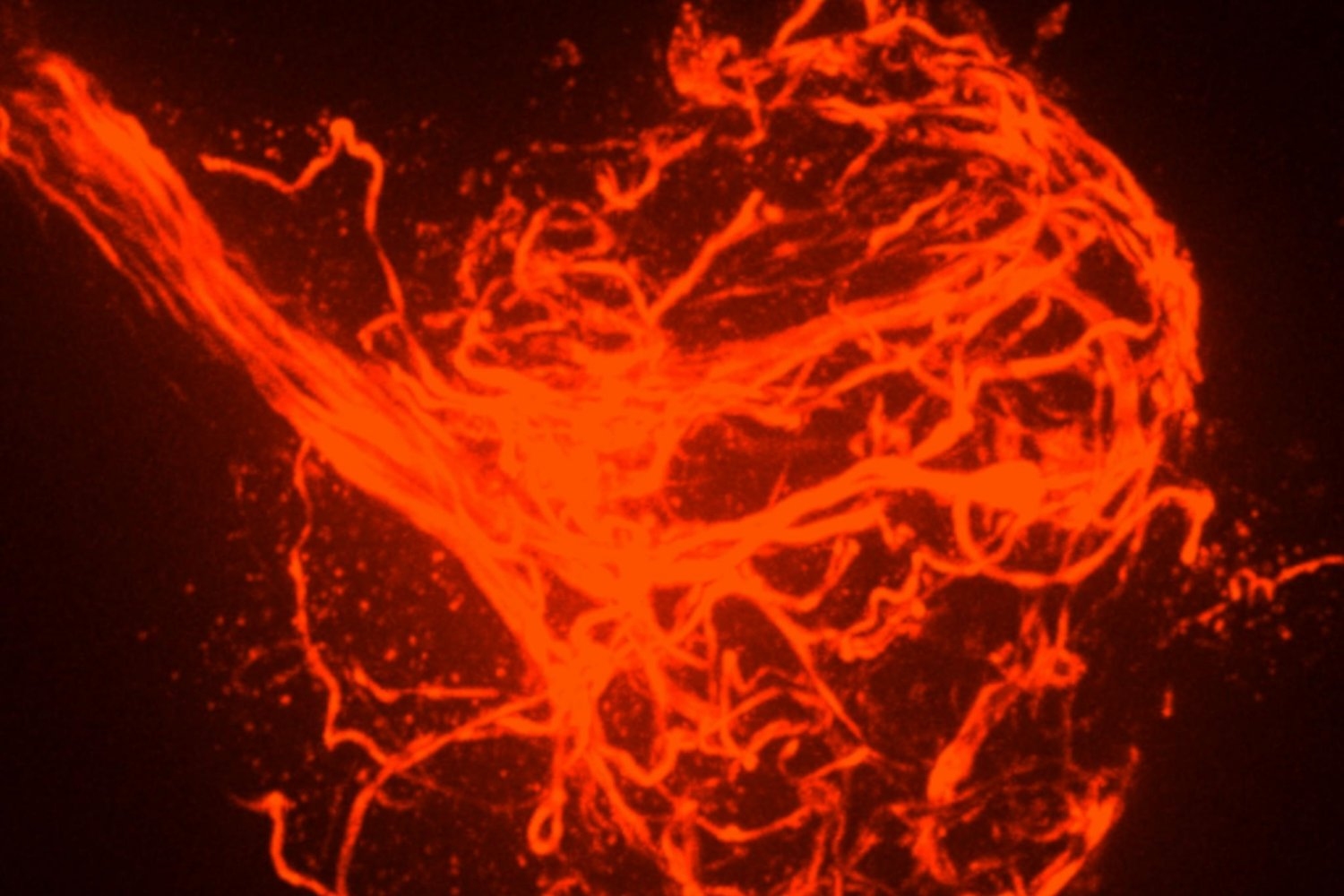Brain networks encoding memory come together via electric fields, study finds
Electric fields shared among neurons via “ephaptic coupling” provide the coordination necessary to assemble the engrams that represent remembered information.
July 24, 2023 • ~8 min

